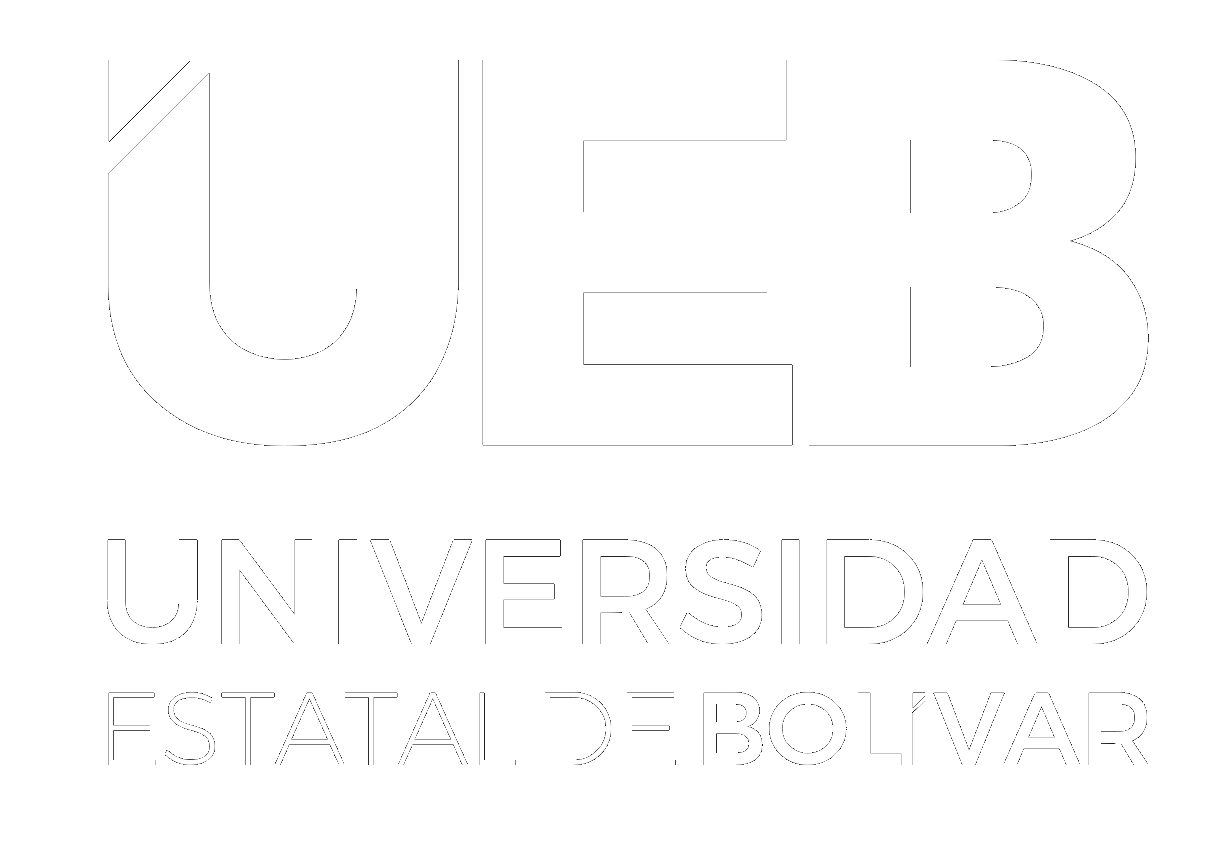Por favor, use este identificador para citar o enlazar este ítem:
https://dspace.ueb.edu.ec/handle/123456789/2905Registro completo de metadatos
| Campo DC | Valor | Lengua/Idioma |
|---|---|---|
| dc.contributor.advisor | Zabala Yánez, Rosa Elizabeth | - |
| dc.contributor.author | López Carvajal, Eulalia Del Rocío | - |
| dc.date.accessioned | 2019-03-26T22:18:57Z | - |
| dc.date.available | 2019-03-26T22:18:57Z | - |
| dc.date.issued | 2019 | - |
| dc.identifier.uri | http://dspace.ueb.edu.ec/handle/123456789/2905 | - |
| dc.description | In order to develop the self-esteem of the children of the First Year of Basic Education, it is fundamental to implement pedagogical strategies such as children's theater supported by the educational task of the teacher that improve their feelings and emotions in order to strengthen their autonomy, attention and concentration through the application of pedagogical strategies such as children's theater to achieve the development of the self-esteem of the children of the First Year of Basic General Education, in the 2018-2019 school year, of the Educational Unit of the Penipe Millennium. With respect to the determination of the theoretical framework, content related to the independent variable is focused on the importance, advantages, benefits and types of children's theater, on the other hand the dependent variable that is the development of self-esteem is supported by themes and sub-themes related to this variable. The methodology applied in the research process is qualitative and bibliographic type, corresponds to a quasi-experimental design, The research methods used in this research are the deductive and inductive, then there is the population that makes reference to the 32 children and Girls of the First Year of Basic Education of the Educational Unit of the Millennium Penipe. Regarding the technique, the Edina test was used, supported by the test indicators as an instrument. The results achieved through the application of children's theater as an educational strategy focuses specifically on the development of self-esteem with a permanent motivation that leads them to be creative and with new initiatives to be active and participatory, progressively leaving aside the fear and with an acceptable expressiveness towards others, they also show greater emotionality in the exposure of their knowledge and learning with greater will, spontaneity and autonomy. It concludes by stating that teachers should use the pedagogical strategy called children's theater to strengthen their feelings and 23 emotions by performing various activities related to children's theater for the development of self-esteem. KEY WORDS: <CHILDREN'S THEATER]> <STRATEGIES> <SELF-ESTEEM> <FEELINGS> <EMOTIONS> <PENIPE [Canton]> | en_US |
| dc.description.abstract | Para desarrollar el autoestima de los niños y niñas del Primer Año de Educación Básica, es fundamental aplicar estrategias pedagógicas como el teatro infantil apoyado en el quehacer educativo del docente que mejoren sus sentimientos y emociones con la objetivo de fortalecer su autonomía, atención y concentración mediante la aplicación de estrategias pedagógicas como el teatro infantil para alcanzar el desarrollo de la autoestima de los niños y niñas del Primer Año de Educación General Básica, en el año lectivo 2018-2019, de la Unidad Educativa del Milenio Penipe. Respecto a la determinación del marco teórico se enfocan contenidos relacionados a la variable independiente referente a la importancia, ventajas, beneficios y tipos de teatro infantil, en cambio la variable dependiente que es el desarrollo del autoestima se sustenta con temas y subtemas que hacen relación a esta variable. La metodología aplicada en el proceso de investigación es de tipo cualitativa y bibliográfica, corresponde a un diseño cuasi experimental, Los métodos de investigación utilizados en esta investigación son el deductivo e inductivo, seguidamente está la población que hace referencia a los 32 niños y niñas del Primer Año de Educación Básica de la Unidad Educativa del Milenio Penipe. Respecto a la técnica se utilizó el test Edina apoyado en los indicadores del test en calidad de instrumento. Los resultados alcanzados a través de la aplicación del teatro infantil en calidad de estrategia educativa se centra específicamente en el desarrollo de la autoestima con una permanente motivación aspecto que les conlleva a ser creativos y con nuevas iniciativas para ser activos y participativos dejando progresivamente de lado el miedo y con una aceptable expresividad frente a los demás, además demuestran mayor emotividad en la exposición de sus conocimientos y aprendizajes con mayor voluntad, espontaneidad y autonomía. Se concluye manifestando que las maestras deben hacer uso de la estrategia pedagógica denominada teatro infantil para fortalecer sus sentimientos y emociones ejecutando varias actividades relacionadas con el teatro infantil para el desarrollo de la autoestima. PALABRAS CLAVES: <TEATRO INFANTIL]> <ESTRATEGIAS> <AUTOESTIMA> <SENTIMIENTOS> <EMOCIONES> <PENIPE[Cantón]> | en_US |
| dc.language.iso | spa | en_US |
| dc.publisher | Maestria en Educación Inicial | en_US |
| dc.relation.ispartofseries | MEDI;14 | - |
| dc.rights | info:eu-repo/semantics/openAccess | en_US |
| dc.subject | MAESTRIA EN EDUCACION INICIAL | en_US |
| dc.subject | TEATRO INFANTIL | en_US |
| dc.subject | ESTRATEGIA PARA EL DESARROLLO DEL AUTOESTIMA | en_US |
| dc.subject | NIÑOS Y NIÑAS | en_US |
| dc.subject | EDUCACIÓN GENERAL BÁSICA | en_US |
| dc.subject | UNIDAD EDUCATIVA DEL MILENIO “PENIPE | en_US |
| dc.subject | CANTÓN PENIPE | en_US |
| dc.subject | PROVINCIA DE CHIMBORAZO | en_US |
| dc.title | El teatro infantil como estrategia para el desarrollo del autoestima de los niños y niñas del primer año de Educación General Básica, en el año lectivo 2018-2019 de la Unidad Educativa del Milenio “Penipe”, del cantón Penipe, provincia de Chimborazo | en_US |
| dc.type | masterThesis | en_US |
| Aparece en las colecciones: | Maestria en Educación Inicial | |
Ficheros en este ítem:
| Fichero | Descripción | Tamaño | Formato | |
|---|---|---|---|---|
| TESIS FINAL EULALIA LOPEZ.pdf | Archivo pdf | 2,9 MB | Adobe PDF | Visualizar/Abrir |
Los ítems de DSpace están protegidos por copyright, con todos los derechos reservados, a menos que se indique lo contrario.

